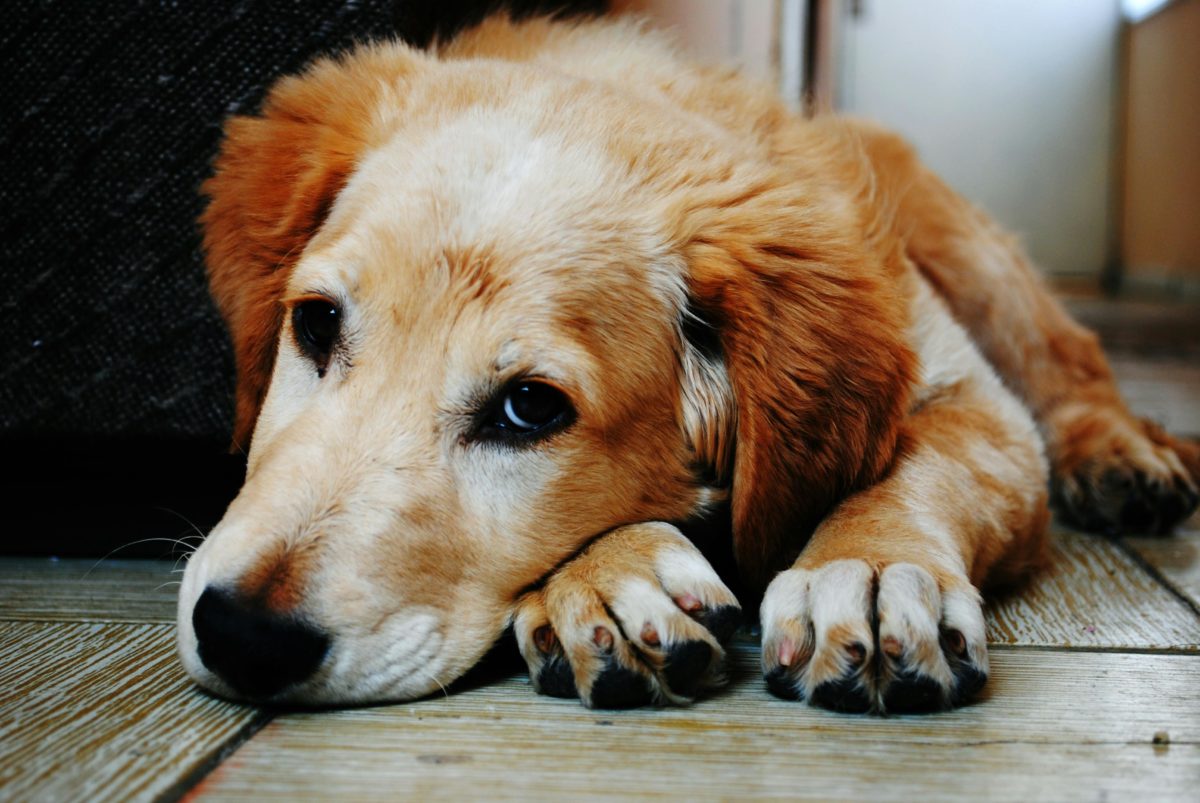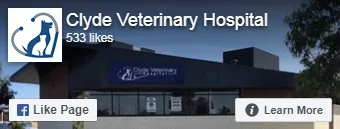Understanding Lumps and Bumps in Cats and Dogs: Benign or Cancerous?

As pet owners, we often find comfort in the familiar touch of our furry friends, but what happens when we notice an unexpected lump or bump beneath their coat? While it’s natural to feel alarmed, it’s essential to understand that not all lumps are created equal. Some may be harmless, while others could signal a more serious underlying condition, including cancer.
Identifying the Culprit: Benign vs. Cancerous
Benign Lumps: Benign lumps, also known as non-cancerous growths, are quite common in both cats and dogs. These growths typically develop slowly and often remain unchanged in size and appearance.
Examples of benign lumps include :
- lipomas (fatty tumors),
- cysts, and skin tags.
While benign lumps are generally harmless, they can sometimes cause discomfort or irritation, especially if they grow large or are located in areas prone to friction.
Cancerous Lumps: On the other hand, cancerous lumps, or malignant tumors, pose a more significant threat to your pet’s health. These growths can spread rapidly to surrounding tissues and organs, making early detection and treatment crucial.
Common types of cancer in pets include:
- mast cell tumors,
- sarcomas
- mammary gland tumors (especially in unspayed female dogs and cats).
- Squamous cell carcinoma in cats
When to Worry: Signs and Symptoms
Benign Lumps: Benign lumps often present as soft, movable masses beneath the skin. They may not cause any noticeable symptoms, but in some cases, they can lead to localized swelling, hair loss over the affected area, or even ulceration if they become irritated. However, benign lumps typically do not adhere to surrounding tissues or cause pain unless they impinge on nerves or blood vessels due to their size or location.
Cancerous Lumps: Cancerous lumps, on the other hand, may exhibit more concerning signs, such as rapid growth, irregular shape, firmness, or fixation to underlying tissues. Additionally, you may notice changes in your pet’s behavior, such as decreased appetite, lethargy, weight loss, or difficulty breathing, depending on the location and type of tumor. It’s essential to consult your veterinarian promptly if you notice any concerning changes.
Distinguishing Benign from Cancerous: The Diagnostic Journey
When it comes to lumps and bumps, determining whether they are benign or cancerous requires professional expertise.
Your veterinarian will conduct a thorough physical examination and further diagnostic tests, such as fine needle aspiration (FNA), biopsy, or imaging studies.
These diagnostic tools help differentiate between harmless growths, like lipomas or cysts, and more serious conditions, such as mast cell tumors or sarcomas.
Conclusion: Vigilance and Veterinary Care
In conclusion, while encountering a lump or bump on your beloved pet can be concerning, it’s essential to approach the situation with vigilance and veterinary guidance. Regularly inspect your pet’s skin and coat for any unusual changes, and don’t hesitate to seek professional advice if you notice anything out of the ordinary. Remember that not all lumps are cause for alarm, but early detection and intervention can make a significant difference in your pet’s health and well-being.
Advocating for Your Pet: The Role of Vigilance and Proactive Care
As responsible pet owners, it’s our duty to advocate for the well-being of our furry companions. Regularly inspecting your pet’s skin and coat for any abnormalities, such as lumps, bumps, or changes in size or texture, is crucial. If you notice anything unusual, don’t hesitate to schedule a veterinary appointment promptly. Your veterinarian is your partner in ensuring your pet’s health and happiness, and they have the expertise to provide the care and guidance your furry friend needs.
Give our friendly team at Clyde Vet Hospital a call on (03) 9052 3200 or make a booking online to gets started.


